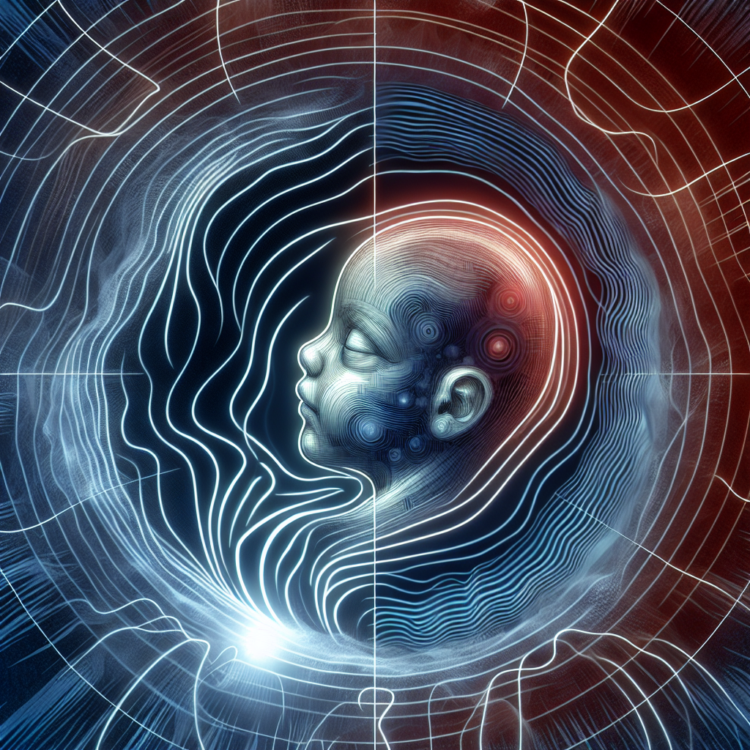Physical cues in the womb, and not just genetics, influence the normal development of neural crest cells, the embryonic stem cells that form facial features, finds a new study led by UCL researchers.
Physical cues in the womb, and not just genetics, influence the normal development of neural crest cells, the embryonic stem cells that form facial features, finds a new study led by UCL researchers.
The study published in Nature Cell Biology found that an increase in hydrostatic pressure sensed by the embryo can hinder the healthy development of facial features in mouse and frog embryos and in human embryoids (cell structures grown in the lab from human stem cells), suggesting that differences in pressure might affect the risk of facial malformations.
The researchers found that when neural crest cells are exposed to higher-than-usual levels of pressure, key cell signalling pathways are impeded, and the risk of craniofacial malformations significantly increases.
Lead author Professor Roberto Mayor (UCL Cell & Developmental Biology) said: “Our findings suggest that facial malformations could be influenced not only by genetics but by physical cues in the womb such as pressure.
“When an organism is experiencing a change in pressure, all the cells – including the embryo inside the mother – are able to sense it.
“Our work shows that embryos are sensitive to pressure, but we do not know how sensitive they are; for instance, will a change in the pressure inside the uterus be able to affect the embryo? This will require further research to understand how changes inside the body as well as in environmental pressure might influence human embryo development.”
The researchers say their findings could also have implications for stem cell research, as the study indicates that the development and differentiation (the process of stem cells becoming specialised cells) of stem cells are under the influence of pressure. Understanding this connection could transform how scientists manipulate stem cells for various therapeutic purposes.
The findings add to work by Professor Mayor and colleagues at UCL into how mechanical cues in the womb can influence the development of facial features, as they have previously found that cells in the developing embryo sense the stiffness of other cells around them, which is key to them moving together to form the face and skull.
Journal
Nature Cell Biology
Method of Research
Experimental study
Subject of Research
Animals
Article Title
Competence for neural crest induction is controlled by hydrostatic pressure through Yap
Article Publication Date
18-Mar-2024




